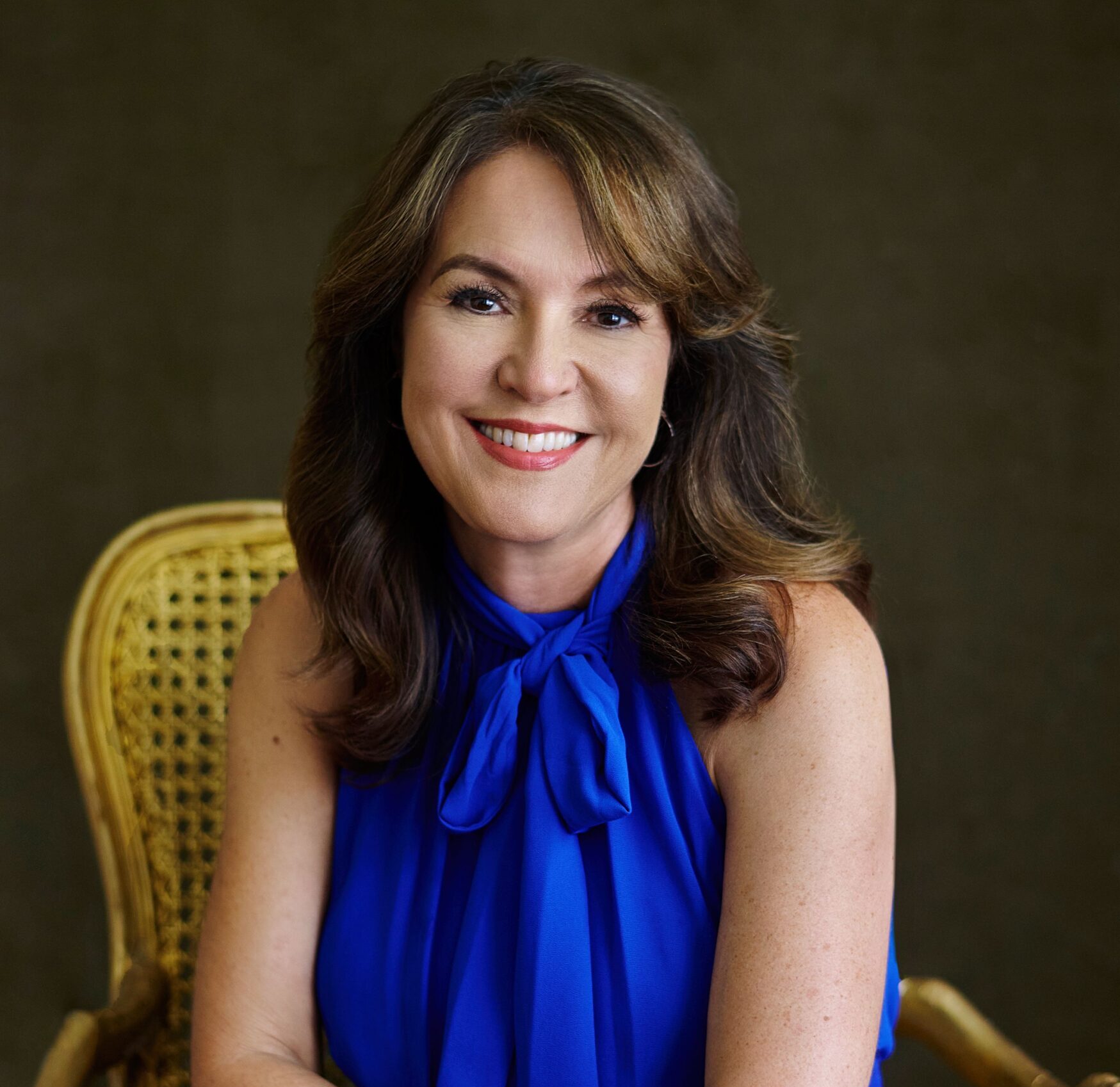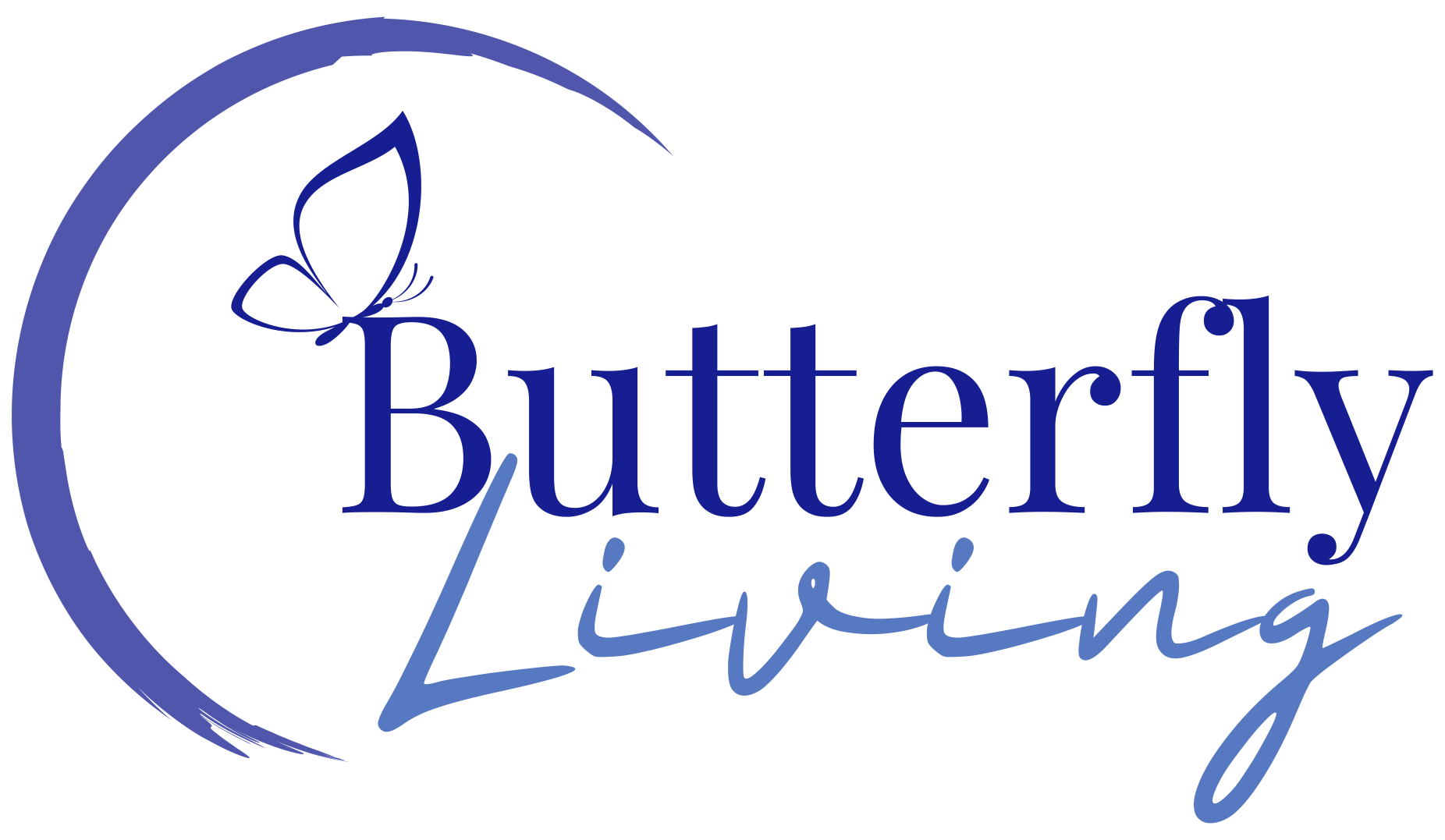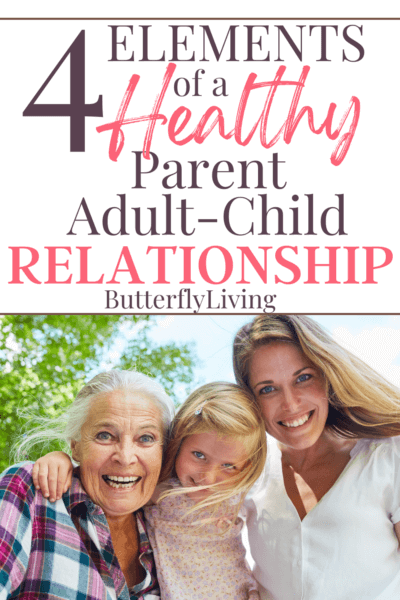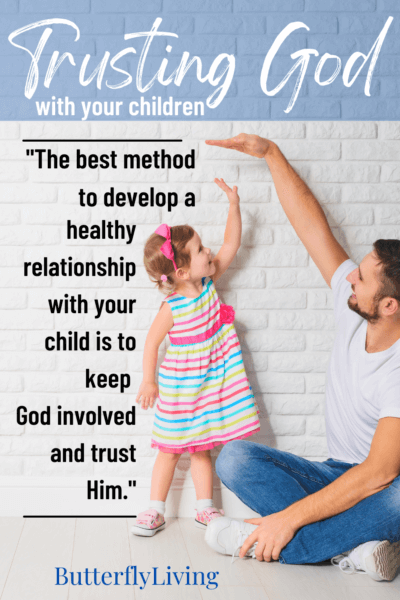
While people may ask “What is a normal parent adult child relationship?” I’m not sure there is a “normal” that can be pointed to with the expectation that all others would look the same.
Perhaps a better question is “What does a healthy parent adult child relationship look like?”
Given the fact that every family is different, multiplied by the endless differences in personalities and relationship dynamics, it would be better to look for some guiding principles to help both sides in a parent adult child relationship be mutually beneficial.
Parent Adult Child Relationships
As parents, we are constantly adapting to the changing development of our children. We both anticipate and regret their passing from infants to toddlers, from children to adolescents.
We read the latest books. We consult with experts and peers on how to handle the growing number of challenges they will face, and we seek to anticipate what our best role will be in their development.
But we may overlook preparing for what will likely be the longest role in their lives…a healthy parent adult child relationship.
By virtue of sheer biology, we will always be their parents. But by virtue of age and development, our relationships will change over the years, with perhaps the biggest change being once our children have reached adulthood.
No longer are we responsible for their every want or need. If we have done our jobs as parents we will have raised them to a place in their late teens or early twenty-somethings where they are ready to assume primary responsibility for their own lives and livelihoods.
But what next? What is our role then? Are we relegated to pasture, left to merely watch from the sidelines? How do we know when to step in or when to step back? How can we develop a healthy parent adult child relationship?
4 Key Elements of a Healthy Parent Adult Child Relationship
All healthy relationships have four common elements: respect, compromise, commitment, and mutual benefit. And a parent adult child relationship between an older generation of parents and their adult children from a younger generation is no different.
Here are four key elements of a healthy parent adult child relationship.
1. Respect in a Parent Adult Child Relationship
The first element is respect, the acceptance of another person for who they are, even when they are different from you or you don’t agree with them. When raising our children we usually teach them to respect us as their parents, as well as other authority figures like teachers, pastors, and other leaders.
As our children move through their adolescent years they often go through seasons when they challenge authority and the boundaries of their world. This rebellion frequently expresses itself with disrespectful behavior.
Moving from this turmoil of adolescence into adulthood can sometimes be a challenge as we try to redefine our roles. No longer does the older generation have the role of sole provider, overseer, or chaperone for the younger generation; neither does the older generation have the responsibility for their behavior.
Our adult children are responsible for their own choices.
One of the foundations of our household, when my children were small, was in the area of respectful communication. I always told my children that they could talk to me about anything – absolutely anything – as long as they did it respectfully.
Whether it was a grievance over curfews, negotiating for allowances and chores, trouble at school, or with friends, they were allowed to bring up any subject as long as it was done respectfully.
This meant both parties were going to speak and to listen, that language was going to be in a reasonable tone and volume, and that there would be no offensive vocabulary. It also sometimes meant that an appropriate time and place would need to be chosen to talk.
This rule was also true for the way I spoke to them. I’d like to tell you that we always got it right but that just wouldn’t be true. However, having respect as our goal helped to keep us pointed in the right direction. And it helped us to recognize when we failed so that appropriate apologies and forgiveness could be offered.
This remains the foundation of our relationships today. Having begun on this road when they were much younger makes routine communication today much easier.
There are still tough conversations on occasion – times when I need to listen to their thoughts on how I could have behaved differently, or which path I should choose. Whether I heed the advice or not is my decision. But when it is brought to me respectfully and from a place of love, it’s much easier to consider their words.
Another way to show respect is with proper boundaries. As parents, we must remember that our children are adults now, with their rights to privacy and personal space. For most of us, this will be easier physically as our children move out of our homes and into their own. Gone are the days of opening their bedroom doors and monitoring their bedtimes.
Healthy boundaries are essential in our relationships with adult children, especially if they have spouses and children of their own.
As adults, they have the right to expect that we respect their privacy. This means we do not barge into their homes uninvited, we do not snoop through their mail or personal belongings, we do not show up at their places of employment and have discussions with their supervisors, and we do not use their passwords to open personal accounts on social media, financial institutions or email correspondence.
I could come up with a dozen more examples but I think you get the idea.
Respect for boundaries goes both ways. The older generation has the right to the same expectation of privacy and personal space. Parents also have the right to closed doors, unmonitored phone calls and conversations, and a social life separate from their children.
Boundaries allow both parties to relax in the relationship, knowing clearly what the expectations and limits are on both sides.
In today’s culture and economy, there are circumstances when grown children sometimes return to their parent’s homes to live. Setting appropriate boundaries will become especially important in these situations.
Both parties should agree on a specific period or a specific goal to be reached rather than leaving the arrangement open-ended.
Sit together to discuss household chores and expenses, child care, closed-door policies, and quiet times, perhaps even writing some things down to avoid misunderstandings.
An adult child should not presume that their parents will begin to provide room, board, and babysitting services at a time when most parents are ready to relieve themselves of some parenting duties.
And a parent does no favors to indulge their child by stepping in to assume all their responsibilities. However finding the mutually beneficial common ground of living under the same roof can provide a chance for the relationship of the parent adult child to mature and grow into an even stronger relationship of respect, love, and admiration.
2. Commitment in a Parent Adult Child Relationship
The second element of a healthy relationship is commitment. It takes the commitment of both parties to create a strong relationship between parents and adult children.
Most parents would readily agree to their commitment to their young children – meals, school, healthcare, and extracurricular activities. But once our children are adults and living on their own, both parties must be intentional to cultivate a healthy relationship.
Whether we live across town or across the country it becomes important to keep in touch. Our schedules can quickly become crowded with work and social activities. We must take the time and make the effort to be involved in each other’s lives at a healthy level.
When my oldest child was preparing to go away to college, I heard so many stories of moms who called their college kids repeatedly throughout the day – with questions, suggestions, reminders, and criticisms. I determined right then that I would not fall into that pattern.
From the beginning, I didn’t call my children when they went away to college. I waited and let them call me. That decision was based on several observations. First I didn’t want to be one of “those moms”. Second I didn’t always know their schedule, both academically and socially, and I didn’t want to be the one to interrupt them.
So I waited for their call. What I found was that they called me far more often than I anticipated. And when they did call it was because they wanted to talk – to tell me about their class or their date, to ask my advice or opinion, or sometimes just to hear my voice.
I also learned that each child had a rhythm in communicating. One would call every day, and usually still does. One would call 2-3 times a week. One would call about once a week but would be more likely to text in between. And still today they each have their rhythm of how and how often they get in touch.
It takes commitment on both sides to maintain a healthy relationship.
To have a conversation with someone is technologically easier today than it has ever been before. For a parent adult child to commit to coming together in the same place takes more effort.
3. Compromise in a Parent Adult Child Relationship
The third element of a healthy parent adult child relationship is compromise; two parties find a way to negotiate an acceptable solution from differing points of view.
In our culture today perhaps our most threatened resource is time. The demands of vocations, child-rearing and other social obligations create a busy calendar.
As a parent, I’d love to spend every holiday and birthday with my children and grandchildren. But with two of our four children living in another state, that just doesn’t happen.
I’ve learned that the date on the calendar is really not so important. What is important is time spent together.
Sometimes I get to be there on their special day; sometimes we’ll celebrate multiple birthdays together. I’d rather be together on any day and make memories of a good time, rather than be together on a particular day and there be tension in the air.
That goes for holidays too. Most of my children are married now and have commitments to in-laws as well. I tell them at Christmas, “I don’t have to see you on THE day but I do want to see you on ONE day.”
Both the parent and the adult child need to be aware of making demands in the relationship. This rarely impacts the relationship in a positive way and usually leads to feelings of guilt, resentment, and criticism.
Far too often it is the grandchildren who are the focus of the demands. As the older generation, we must accept the role of the grandparent rather than the parent.
This means we do not have the right to name the child; we cannot give the child a pet without the parents’ permission; we cannot demand to have the child for certain events or visits, and we should never undermine our children’s parenting instructions. We certainly may ask for all of these things and more but never demand. And if the answer is not what we want to hear, we are to respect it anyway.
As for the younger generation, again, there is no place for demands. Grandparents are not to be guilted into providing childcare or finances for their grandchildren. They should not be made to fear the loss of contact with their grandchildren if they do not comply with their children’s demands.
Of course, the younger generation can ask for help in all sorts of situations, and most of the time if a parent is able they are eager to be included. But regardless of the reason given, their answer should be accepted and respected.
How much simpler life would be if we always got these elements of a healthy relationship right? But undoubtedly we will fail.
And when we do it’s time to sincerely apologize, the sooner the better. Apologize for overstepping our role, for criticisms and snide remarks, for impatience and pride. Seek and offer forgiveness. Put mistakes behind you. Rest assured that your time together may be your most valuable possession.
4. Mutual Benefit in a Parent Adult Child Relationship
The last element of a healthy parent and adult child relationship is mutual benefit. Only when both parties benefit from the relationship will it be a priority in their lives?
Certainly, there are physical and material benefits, but the primary benefit in a parent adult child relationship will be those that are less quantifiable.
Beginning with the love that overwhelms newborn parents and the pride they feel as they watch their children grow and succeed. Followed by the wonder of young children which grows into admiration as they learn how hard it can sometimes be to grapple with the responsibilities of adulthood.
Regardless of age, each side continues to need the interaction, encouragement, touch, and love of the other.
Practical Suggestions for a Healthy Parent Adult Child Relationship
Below are a few practical suggestions on how to create, encourage, and maintain healthy parent adult child relationships.
- Parents, remember that you are dealing with adults, not children. Recognize that you have a new place in your adult children’s lives. Children, remember that you are adults now, not children. Speak as an adult to an adult.
- Parents, trust that you did a good job of raising your children to make good decisions. Now trust your children to make their own decisions and, yes, sometimes their own mistakes.
- Parents, wait to be asked for your advice or opinion. Many times people just want to be heard rather than have their problem solved. Children, take advantage of the wisdom of those who have lived longer than you. Listening values the one speaking and doesn’t obligate you to act on their advice.
- Parents, be available to help but don’t impose. Children, don’t be afraid to ask for help. Accept that help may not look like what you expected.
- Parents, don’t demand or undermine your adult children’s parenting style. Be thankful for the time you are given to your grandchildren – it is a privilege, not a right.
- Parents, respect your adult child and their spouse. Respect does not mean condoning or agreeing. You do not get to choose your child’s spouse.
- Parents, let your children go. Encourage their independence and your own.
- Parents, accept that you made mistakes as a parent yourself. Apologize without justifying. Seek forgiveness.
- Parents, know that the mistakes you make do not define your adult children. Adults are defined by their own choices rather than their parents’ shortcomings.
- Parents and children take responsibility for the relationship. It takes both sides to make things work.
- Parents, accept feedback from your adult children. Look at it as objectively as you can. Acknowledge constructive criticism and apply it as needed.
- Parents and children, look for the best in each other and find fun ways to spend time together.
- Parents and children, if your family is marked with dysfunction, violence, or abuse seek professional help. While you cannot change the past you can be sure the dysfunction does not continue with you.
 Developing a Healthy Parent Adult Child Relationship
Developing a Healthy Parent Adult Child Relationship
As we seek to develop a healthy parent adult child relationship, we will find ourselves navigating life’s challenges.
Recently one of my children had a particularly difficult day dealing with another relationship. As they relayed the dialogue to me they expressed feeling misunderstood and underappreciated. They felt shortchanged in the relationship.
Their takeaway was that they had valued the relationship more than the other party, leaving them feeling disappointed and hurt. They also began to question whether they should make some life changes based on this interaction.
Honestly, it left me feeling disappointed and discouraged as well. Not wanting to fuel the fire, I wasn’t sure how I should react or advise my child.
As I began to pray over the situation I found myself asking God for three things for my child:
To seek God,
To hear His voice, and
With this as their foundation, I could rest knowing where they would seek their guidance and how they would make their decisions. The more I prayed this for my one child the more impressed I was that this was all I needed to pray for all of my children.
For each of us to seek God and hear His voice will surely lead us to treat each other with respect and cooperation, committed to healthy relationships that are valuable to us all.
The best method to develop a healthy parent adult child relationship is to keep God involved and trust Him.
How have you developed a normal, healthy parent adult child relationship? Would love to hear your insights.
Author
Ginger Moskau Cress
No Comments
Leave a Comment
Welcome!





 Developing a Healthy Parent Adult Child Relationship
Developing a Healthy Parent Adult Child Relationship
Thank you for Sharing this “Parent Adult Child Relationships” blog ! It has very useful info about a very Important Topic that is rarely ‘talked about’ !?! …..” Yes, Sharing is Caring !! ” CK
Thank you for sharing this, I am so so thankful for the powerful lesson
I am thankful it was helpful and I pray for God’s continual blessings on you!
Ginger, loved the article. I feel like I/we do just about all of them. Always room for improvement I’m sure. Thank you for sharing this.I always love seeing what you are up to on Facebook. I’m loving my new life in Georgia. We have finally found a new church. It’s different from Vineyard. I still miss Vineyard. Merry Christmas to you and yours ! Love Linda
[…] training in adapting and coping with changes in parenting. And the teenage years and entering the empty nest season continue to test my ability to cope with […]
[…] training in adapting and how to cope with change in parenting. The teenage years and entering the empty nest season continue to test my ability to cope with […]
[…] seasons of babies, toddlers, preteens, and teens and are headed to the stage where our children are independent adults. I am thankful for the wisdom from these six Christian parenting […]
Well I can only say that I am a low contact Estranged parent. I wanted to read this article for structure and guidance. In hope of a future repair with new structure in our family. I have read many books threw the years in the desire to be the best parent I could be. However we made mistakes. As it is my children do not reach out very often. One of which wrote me a five page letter of grievances. In which I was stunned buried in the complaints of history. I am involved in Dr. Colemans support group on line. I attend his webinars. Yet we have taken a pause in one on one therapy. I had a therapist. Before I found Dr. Coleman. I utilized the services for myself. My husband was not really interested in attending. His fear was that he had done something wrong. Rather than a focus on improvement and repair for our relationship and family. The first time I approached him, suggesting that we go. He cried and told me I could have everything we owned. There was more going on at the time. I knew in my heart of hearts. That attending therapy on my own was the best thing I could do for our family at the time. It took a great deal of time for us to make some of the changes we needed to make. By this time the children were grown and on their own. We are left with a dynamic of my husband as the contact. Myself being able to have contact threw him. We are still married. Our youngest has received her degree in psychology and sociology. She was a double major. She is currently returning to school for her masters degree. In Clinical Mental Health Concealing with an emphasis in drama therapy. We are very proud of her. We would like our family to be whole one day. In which we have more contact with each other. Then what we currently have. In an environment that allows for change, repair, still having contact. Rather than no contact. I do believe that I have followed and utilized some of the skills written about in this write up. Yet some I have not. Yet I feel the punishment has been very severe and punitive. I do believe it is an un fair sentence. For loving ones offspring. I am a mother that does love her children a great deal. Yet this has been heart breaking. I do not believe the heart break is one sided. Thank you for reading this.
Prayers you find peace and reconciliation with your loved ones. Thanks for sharing.